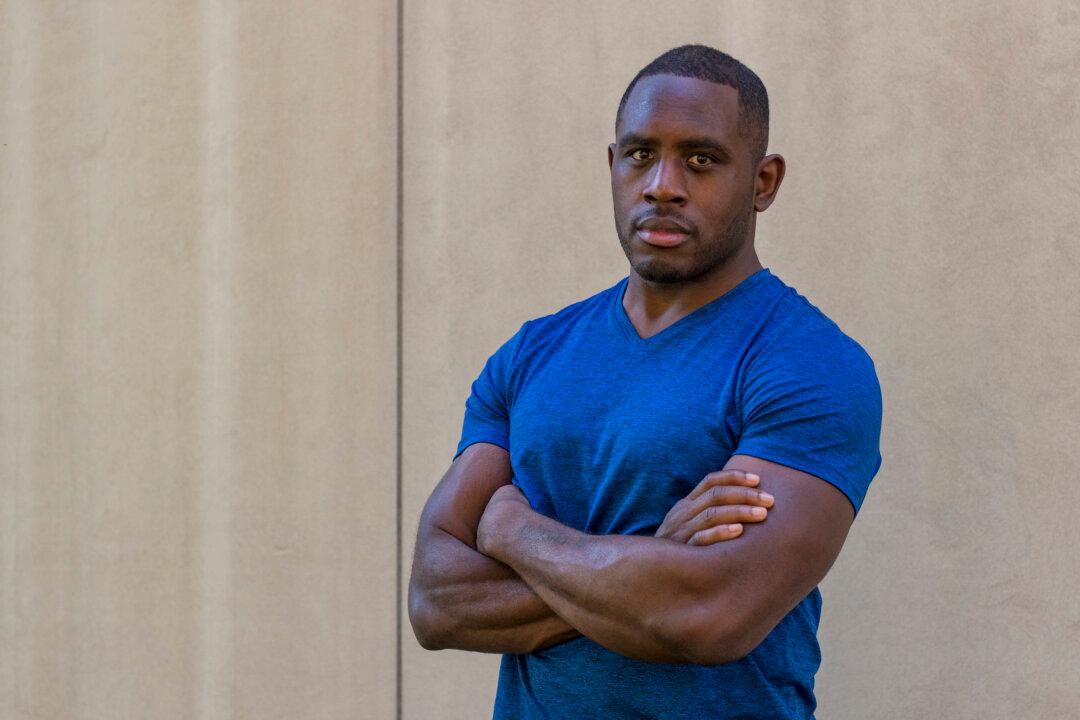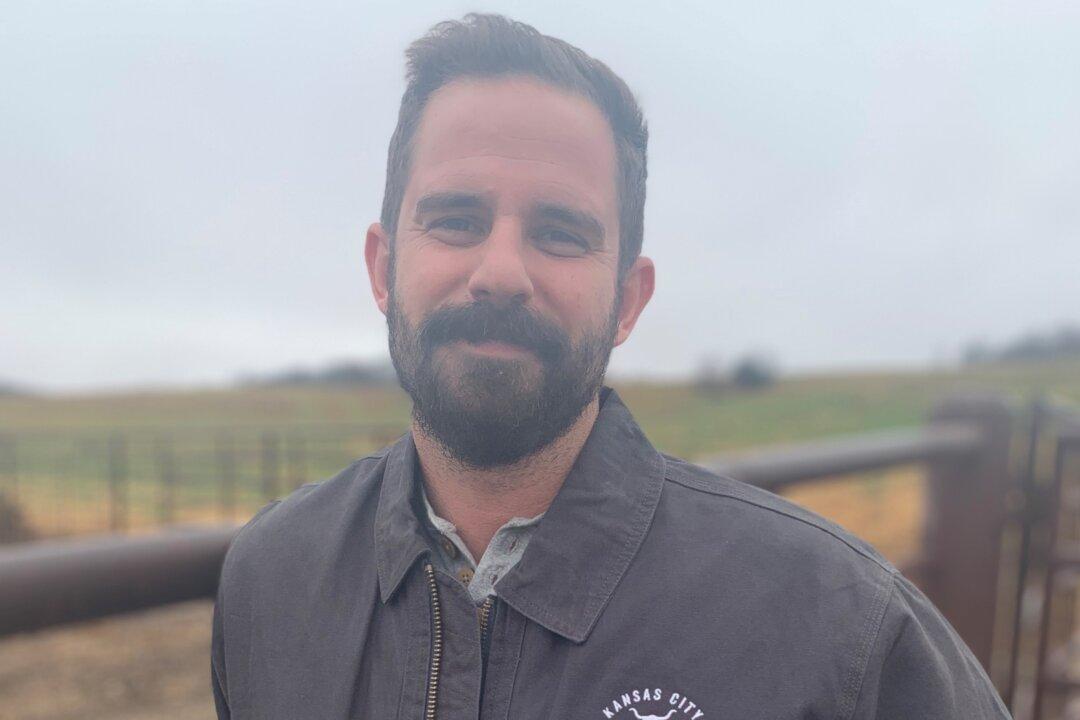NEW YORK–A nondescript two-story walk-up building sits smack in the middle of Dean Street in Prospect Heights, Brooklyn, and if you didn’t know where you were heading, you might walk right past it. Despite the inconspicuous location, it’s where some of the world’s finest handcrafted violins, violas, and cellos are produced.
A modest workshop occupies the south side of the second floor. Inside there’s a band saw, three workbenches, and variety of chisels, and other tools. A couple of violins in different stages of production rest on a table in the center of the shop. A man stands at one of the workbenches, quietly and diligently sanding away on what will eventually become a violin.





